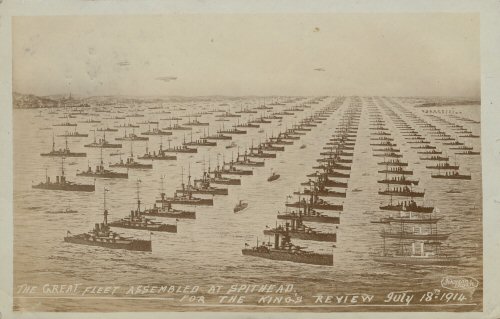The road to war — II
My second contribution for ABC New England to the increasingly inaccurately named series ‘The road to war’ was broadcast today, and is online here. Increasingly inaccurate because my topic today was the outbreak of war in August 1914 between Germany on the one hand and France and especially poor little Belgium on the other, including […]



